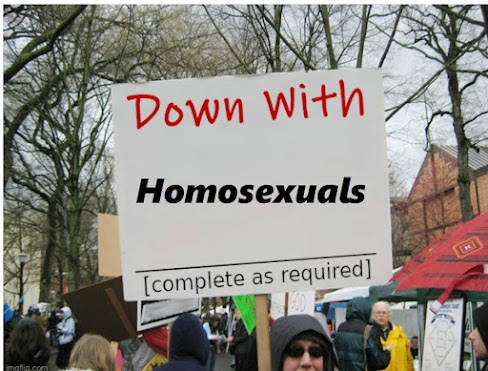Nazis... Bad.
The films I have shown thus far in this season all fit into a bit of a pattern, so it's not hard to understand why critics and audiences were tempted to group them into something of a category.
They all deal with individuals who find themselves on the wrong side of the law, usually because of a murder. They are all told in flashback, so the eventual fate of the protagonist is never in question. They usually have some form of voice-over narration, either by the central character, or (in the case of The Killers) by his friends as they relate their memories of the events.
But film noir is not as formalist as all that.
Noir is neither a genre nor a structure, so it doesn't have specific criteria it needs to meet. Sometimes (as with a film like Detour) noir can deal with the very intimate and private.
And sometimes it deals with crime on a much, much larger scale.
The Stranger was the third film directed by Orson Welles (or the second-and-a-half, since The Magnificent Ambersons was forcibly taken away from him when its production began to spiral out of control) and the first for which he was not directly involved in the writing.
The story features Edward G. Robinson as Wilson, an agent of the Allied War Crimes Commission, hot on the trail of an escaped Nazi named Franz Kindler (portrayed in the film as the architect of the Final Solution).
Wilson follows the trail to a small, picturesque town in rural Connecticut where, he is convinced, the monstrous Kindler is living under a new identity.
He is absolutely right. Kindler is Orson Welles, an apparently upright American academic, lecturing at the University and engaged to marry the daughter of a Supreme Court Judge.
There have been plenty of "noir" characters who find themselves on the wrong side of the law for various reasons, but Franz Kindler (or Charles Rankin, as he presents himself to the Connecticut townsfolk) is on the wrong side of the law to a scale unimagined in just about every other noir of the period. He's an actual Nazi. And not just some anonymous SS grunt; he designed the Holocaust.
Anyone care to speculate about the ultimate fate of his character?
And Edward G. Robinson is not just some cop in a patrol car turning up to dispense justice to the transgressor: he is (almost literally) an Avenging Angel, bringing the wrath of Heaven, Hell, the Justice Department, the Hays Office and (eventually) Loretta Young crashing down on Herr Franz Kindler.
The Stranger is very much a film noir, and is generally described as such when discussing Orson Welles' filmography, but it's structured more like a monster movie; which is basically what it is.
Franz Kindler may not have fangs or hooves or a zipper in his neck, but make no mistake; he is a monster in the most traditional sense, and the film treats him as such.
For Orson Welles, The Stranger was a chance to prove that he could play within the Hollywood studio system. His second film (The Magnificent Ambersons) had been snatched away from him by RKO and completed (very much against his wishes) by another director. Welles had then gone to Brazil to make a goodwill film for the War Office. That project had proved to be an unmitigated, catastrophic disaster which was ultimately cancelled, but not before millions of dollars had been squandered and Welles' reputation as a professional severely dented.
The Stranger was intended as his penance. It was a low-budget production, based on an off-the-shelf script that Welles had not written. Final editorial control was held by editor Ernest J. Nims, not by Welles. Bluntly, no one trusted him to make a movie any more, and he needed to prove himself all over again.
The result is one of the leanest, tightest films Welles has ever directed. It tells a simple story and follows that story to its inexorable conclusion.
It is a true film noir, and one of Orson Welles' finest works.
We will screen The Stranger at 7.30 on Thursday, the 13th of February at the Victoria Park Baptist Church.

















Comments
Post a Comment